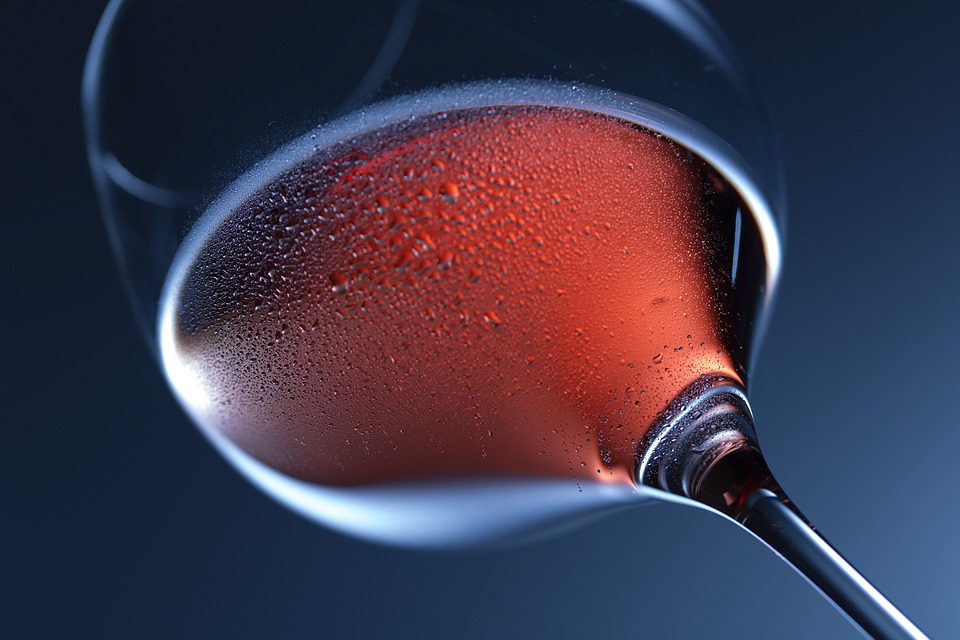
Resveratrol is a natural plant phenol found in various fruit skins such as grapes and berries. There has been buzz about it lately for its potential health benefits and notable presence in red wine. Researchers from Georgetown University published a study in the journal Frontiers in Physiology, which had found that resveratrol may preserve fatigue resistance in the muscles of rhesus monkeys which had been fed a high fat/sugar diet.
Dr. Hyatt and his research team analyzed rhesus monkeys fed a healthy diet vs. those fed a high fat/sugar diet. In the high fat/sugar group, half received a resveratrol supplement and half did not. They then compared the effect of the diet and resveratrol supplement on slow twitch, fast twitch and mixed muscle of the hind leg of rhesus monkeys.
“In previous animal studies, resveratrol has already shown to increase the lifespan of mice and slow the onset of diabetes.”
The soleus muscle, whose slow twitch properties are advantageous, had disadvantageous shifts to fast twitch muscle stimulated by the high fat/sugar diet. Importantly, it was found that the resveratrol supplement counteracted this shift, preserving slow twitch properties of the muscle. The plantaris, a fast twitch muscle, was chosen by the researchers for comparisons with the slow twitch soleus. The plantaris was not harmed by the high fat/sugar diet, however the resveratrol supplement did benefit the muscle via increased conversion to slow twitch characteristics. A third muscle they studied, a mixture of slow and fast twitch, was not affected by either the diet or the resveratrol supplement.
"The maintenance or addition of slow characteristics in soleus and plantaris muscles, respectively, implies that these muscles are far more fatigue resistant than those without resveratrol. Skeletal muscles that are phenotypically slower can sustain longer periods of activity and could contribute to improved physical activity, mobility, or stability, especially in elderly individuals," he said, when asked if this study could be applied to humans.”
Source: www.sciencedaily.com: Another reason for red wine lovers to toast resveratrol








